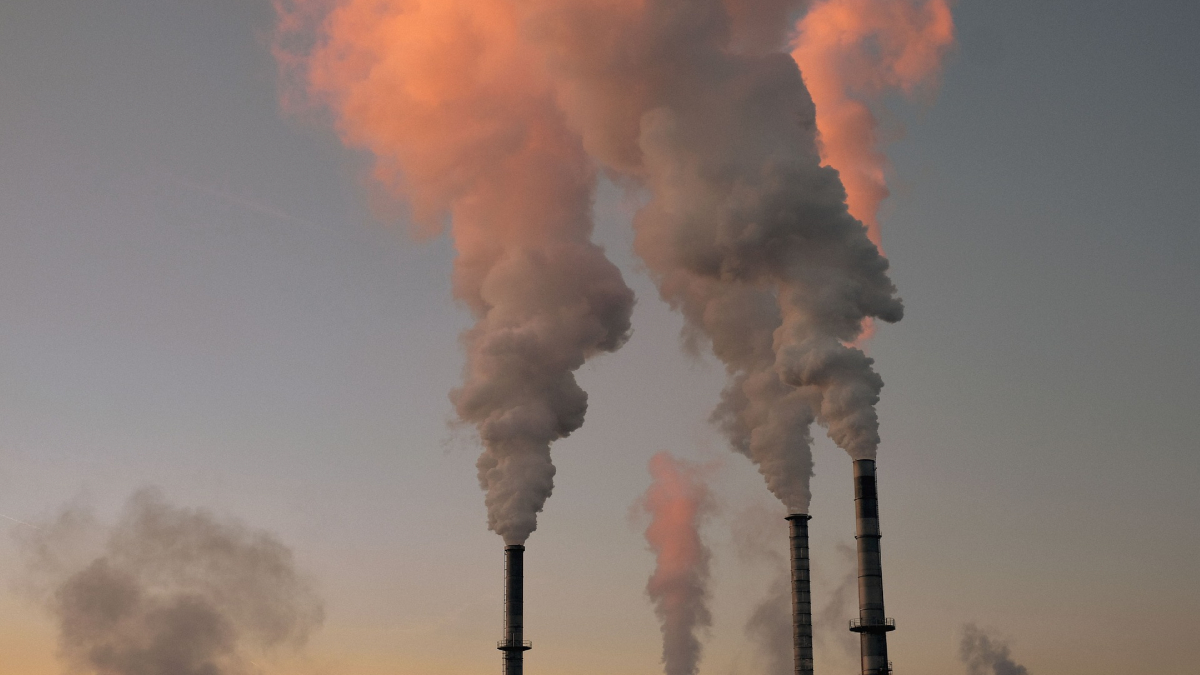A study by Singapore’s Nanyang Technological University (NTU) has found that pollution from human activities and natural sources like wildfires contributed to approximately 135 million premature deaths globally between 1980 and 2020. The research highlighted that weather phenomena such as El Nino and the Indian Ocean Dipole exacerbated these effects by increasing pollutant concentrations in the air.
The study focused on fine particulate matter, known as PM 2.5, which can penetrate the bloodstream when inhaled. These particles originate from vehicle and industrial emissions, as well as natural events like dust storms and fires. The study, published in the journal Environment International, showed that Asia had the highest number of premature deaths due to PM 2.5 pollution, with over 98 million fatalities, primarily in China and India. Other countries significantly affected include Pakistan, Bangladesh, Indonesia, and Japan.
The researchers used data spanning 40 years to assess the impact of PM 2.5 on health, revealing that weather patterns increased premature deaths by 14%. The findings underscore the need to consider climate patterns in air pollution mitigation strategies to protect public health.
Steve Yim, the lead researcher and an associate professor at NTU’s Asian School of the Environment, emphasized the importance of understanding the interplay between climate events and pollution levels. Future studies will focus on the impact of climate change on air pollution. The research utilized satellite data from NASA and health statistics from the US Institute for Health Metrics and Evaluation.






